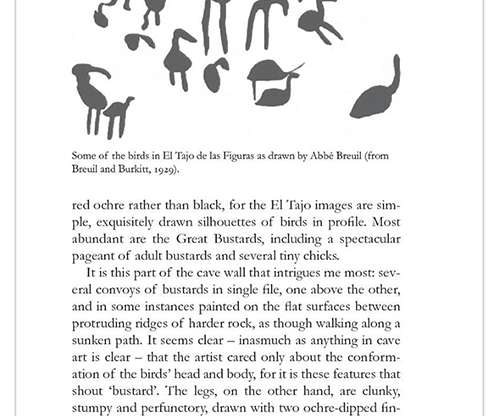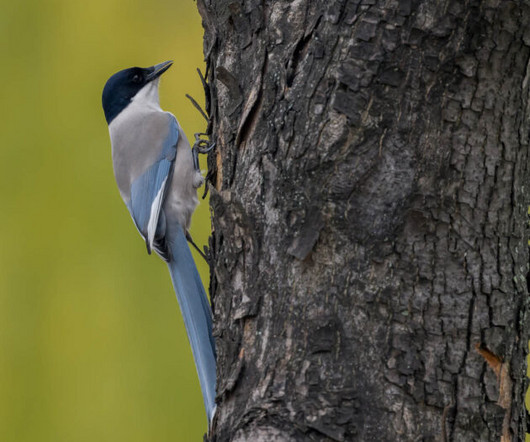Can we talk about Cecil the Lion?
10,000 Birds
AUGUST 12, 2015
I get that you’re really angry, I mean, he was a popular lion and yes, his cute widdle cubs will probably die to, but I can’t help feeling you’ve kind of missed the point a bit, and well, ending all hunting in Africa will not solve much and maybe make things worse and… No, no, I’m not a hunter. I’m sorry.




















Let's personalize your content